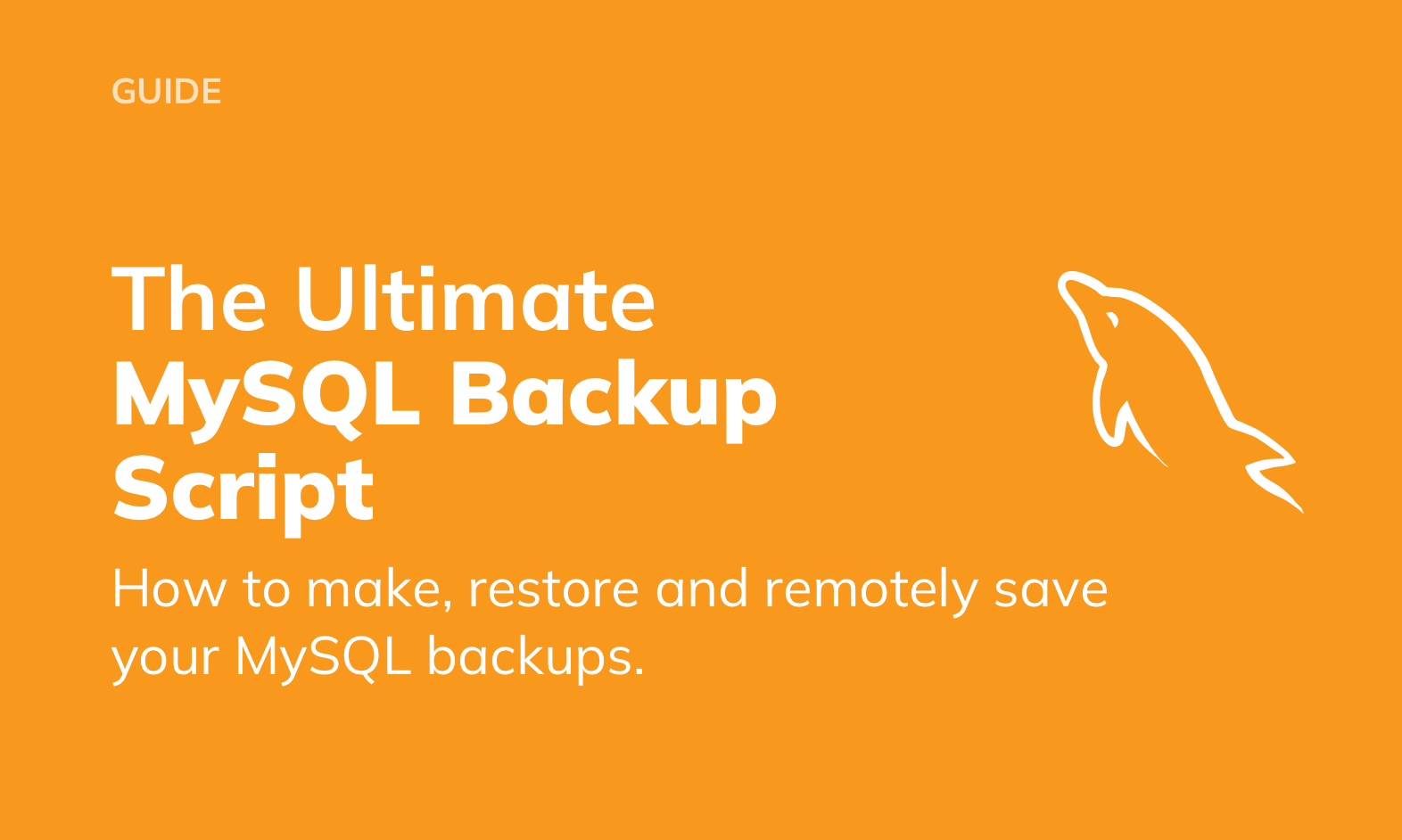Cpanel
15 Mysql Db Manager Tips: Ultimate Efficiency Guide

Introduction to MySQL DB Manager

MySQL is one of the most popular open-source relational database management systems. It is widely used for web applications, especially those built using PHP. A MySQL DB manager is a tool that helps you manage and administer your MySQL databases. In this article, we will provide you with 15 tips to help you use your MySQL DB manager more efficiently.
Tip 1: Choose the Right MySQL DB Manager

There are many MySQL DB managers available, both free and paid. Some popular ones include phpMyAdmin, MySQL Workbench, and Sequel Pro. When choosing a DB manager, consider factors such as ease of use, features, and compatibility with your system.
Tip 2: Understand the Basics of MySQL

Before you start using a MySQL DB manager, it’s essential to understand the basics of MySQL. This includes understanding database structures, SQL queries, and data types. You can find many resources online to help you learn MySQL.
Tip 3: Organize Your Databases

A well-organized database is essential for efficient management. Use clear and descriptive names for your databases and tables. You can also use schemas to organize your databases.
Tip 4: Use Indexing

Indexing can significantly improve the performance of your database. Use indexes to speed up SELECT queries and improve data retrieval.
Tip 5: Optimize Your Queries

Optimizing your queries can help reduce load times and improve overall performance. Use EXPLAIN to analyze your queries and identify areas for improvement.
Tip 6: Use Transactions

Transactions allow you to execute multiple queries as a single, all-or-nothing unit. This can help improve data integrity and reduce the risk of errors.
Tip 7: Backup Your Data

Regular backups are essential for protecting your data. Use your MySQL DB manager to schedule backups and ensure that your data is safe.
Tip 8: Monitor Your Database

Monitoring your database can help you identify performance issues and security threats. Use your MySQL DB manager to monitor your database and receive alerts when issues arise.
Tip 9: Use Security Best Practices

Security is a top priority when it comes to your database. Use strong passwords, limit access to your database, and keep your software up-to-date.
Tip 10: Use MySQL DB Manager Features
Most MySQL DB managers come with a range of features to help you manage your database. Use features such as query builders, data import/export, and database design tools to streamline your workflow.Tip 11: Learn SQL
SQL is the language used to manage and manipulate data in your database. Learning SQL can help you get the most out of your MySQL DB manager.Tip 12: Use Database Design Tools
Database design tools can help you create and manage your database structure. Use tools such as Entity-Relationship diagrams to visualize your database and identify areas for improvement.Tip 13: Test and Debug
Testing and debugging are essential steps in ensuring that your database is working correctly. Use your MySQL DB manager to test and debug your queries and identify errors.Tip 14: Stay Up-to-Date
MySQL and your MySQL DB manager are constantly evolving. Stay up-to-date with the latest features, security patches, and best practices to ensure that your database is running smoothly.Tip 15: Seek Help When Needed
If you’re struggling with your MySQL DB manager or need help with a specific issue, don’t hesitate to seek help. Use online resources, forums, and support teams to get the help you need.📝 Note: Always backup your data before making any changes to your database.
In summary, using a MySQL DB manager can help you efficiently manage and administer your MySQL databases. By following these 15 tips, you can get the most out of your DB manager and ensure that your database is running smoothly. Remember to always stay up-to-date with the latest features and best practices, and don’t hesitate to seek help when needed.
What is a MySQL DB manager?

+
A MySQL DB manager is a tool that helps you manage and administer your MySQL databases.
What are some popular MySQL DB managers?

+
Some popular MySQL DB managers include phpMyAdmin, MySQL Workbench, and Sequel Pro.
Why is indexing important in MySQL?

+
Indexing can significantly improve the performance of your database by speeding up SELECT queries and improving data retrieval.



